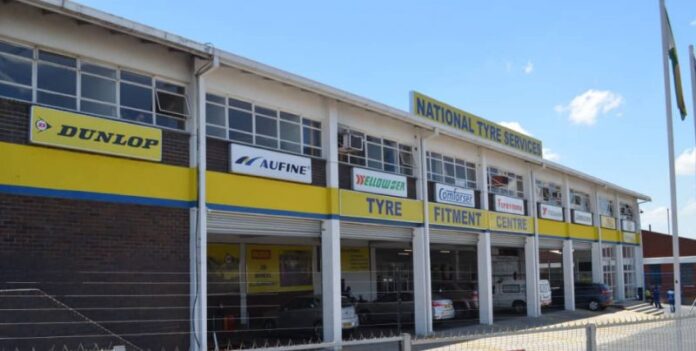HARARE – National Tyre Services (NTS) shareholders have unanimously approved the company’s voluntary delisting from the Zimbabwe Stock Exchange (ZSE), bringing to a close more than five decades of public trading and marking a significant turning point for one of the country’s oldest industrial firms.
The decision follows years of mounting operational pressures, financial constraints, and shrinking shareholder value, with the board concluding that remaining listed had become economically impractical and strategically limiting for the business.
NTS, which manufactures and imports vehicle tyres, first listed on the ZSE in September 1969. However, the company has struggled to navigate Zimbabwe’s prolonged macroeconomic instability, characterised by severe exchange rate volatility, chronic liquidity shortages, and persistent foreign currency constraints. These conditions have directly undermined NTS’s core business, particularly its ability to import tyres and raw materials essential for manufacturing.
The tyre industry itself has become increasingly competitive, largely due to low barriers to entry and the influx of cheaper imported brands. This has eroded NTS’s market share over time, while the company’s access to long-term and affordable capital has remained limited. Efforts to raise financing through the local banking system yielded little relief as interest rates peaking at 200 percent per annum in 2022 rendered debt financing effectively unsustainable. As a result, NTS has been unable to support its expansion plans or maintain sufficient working capital.
Operational challenges have further weighed down performance. Power supply deficits have severely disrupted production at the retreading factory, where capacity utilisation has averaged just 30% well below the 60% threshold needed for sustainable operations. The company also reported that frequent electricity outages have caused branch level revenue losses of up to 40% of projected sales. In addition, long supply chains from Asia, where most tyre suppliers are located, have trapped working capital in transit for extended periods, worsening liquidity pressures.
With cash flows deteriorating, NTS has struggled to meet key obligations such as statutory payments, inventory replenishment, and listing-related expenses. The company has also been unable to issue dividends for more than10 years, further diminishing its appeal to public investors. These pressures have contributed to high staff turnover and the loss of critical technical expertise, exacerbating operational inefficiencies.
Beyond the operational challenges, the company’s listing itself has ceased to deliver meaningful value. Trading liquidity on the ZSE has been extremely low NTS shares did not trade in eight of the 12 months ending July 31, 2025, while the average monthly volume was under 3.5 million shares. Although minority shareholders collectively owned about 37.23% of the company, much of this shareholding was inactive or strategic, resulting in a significantly lower free float. This undermined effective price discovery and restricted shareholders’ ability to exit their positions or realise fair value.
Meanwhile, listing related costs including audit fees, publication charges, and regulatory compliance expenses have remained substantial and increasingly disproportionate to the benefits of maintaining a public listing. The board noted that these funds could be more productive if redirected toward operational recovery, recapitalisation, and growth initiatives.
Against this backdrop, the board recommended voluntary delisting as the most rational corporate strategy.
According to the board, delisting will allow NTS to be restructured and repositioned more effectively under the guidance of its major shareholders. A private operating structure is expected to offer greater agility in responding to Zimbabwe’s volatile economic environment, enable faster decision-making, and facilitate recapitalisation without diluting minority shareholders. The company believes this flexibility is crucial for stabilising operations, restoring competitiveness, and rebuilding shareholder value.

















